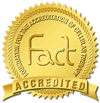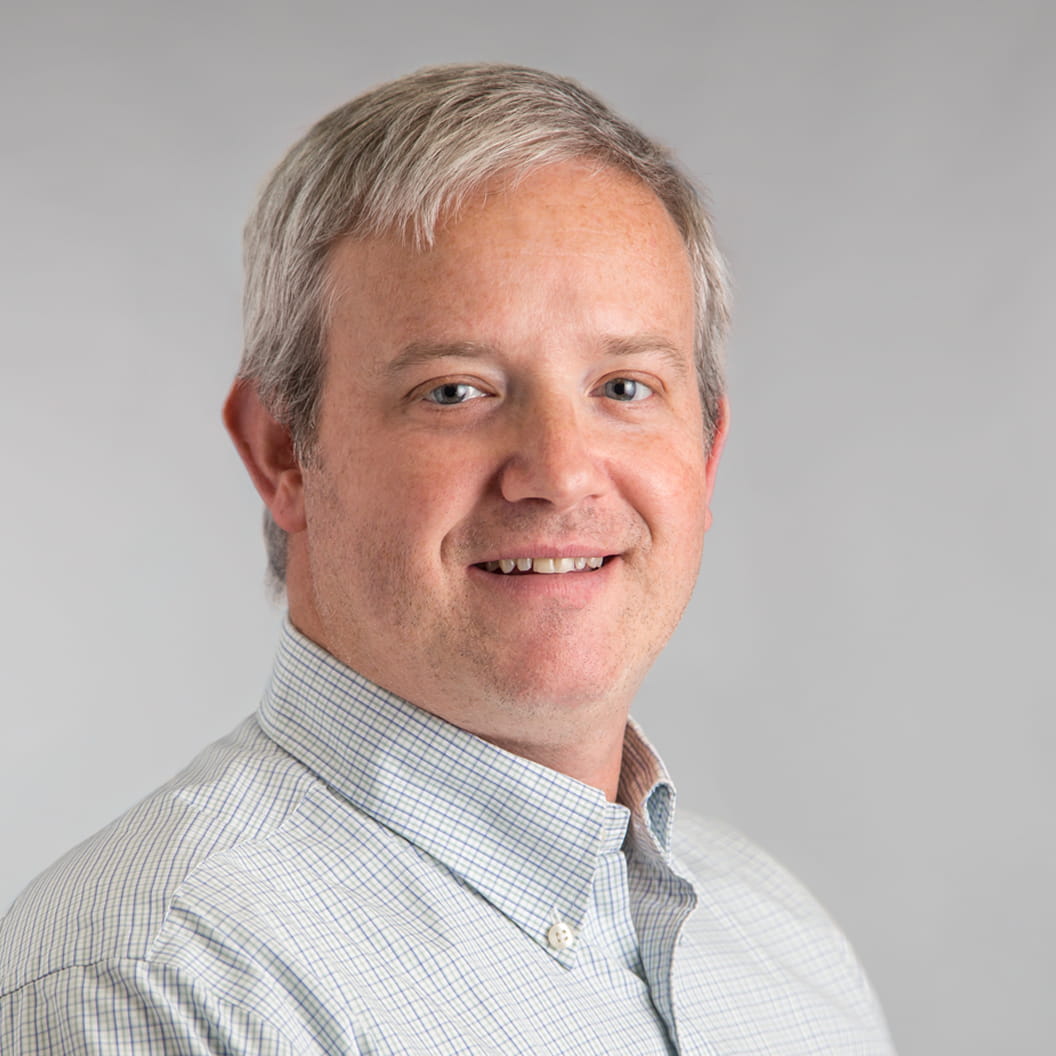GIVE NOW before 2025 ends—your gift will be doubled to help children in need. Click here to 2x your impact!

Ranked nationally in pediatric care.
Arkansas Children's provides right-sized care for your child. U.S. News & World Report has ranked Arkansas Children's in seven specialties for 2025-2026.

It's easier than ever to sign up for MyChart.
Sign up online to quickly and easily manage your child's medical information and connect with us whenever you need.

We're focused on improving child health through exceptional patient care, groundbreaking research, continuing education, and outreach and prevention.

When it comes to your child, every emergency is a big deal.
Our ERs are staffed 24/7 with doctors, nurses and staff who know kids best – all trained to deliver right-sized care for your child in a safe environment.

Arkansas Children's provides right-sized care for your child. U.S. News & World Report has ranked Arkansas Children's in seven specialties for 2025-2026.

Looking for resources for your family?
Find health tips, patient stories, and news you can use to champion children.

Support from the comfort of your home.
Our flu resources and education information help parents and families provide effective care at home.

Children are at the center of everything we do.
We are dedicated to caring for children, allowing us to uniquely shape the landscape of pediatric care in Arkansas.

Transforming discovery to care.
Our researchers are driven by their limitless curiosity to discover new and better ways to make these children better today and healthier tomorrow.

We're focused on improving child health through exceptional patient care, groundbreaking research, continuing education, and outreach and prevention.

Then we're looking for you! Work at a place where you can change lives...including your own.

When you give to Arkansas Children's, you help deliver on our promise of a better today and a healthier tomorrow for the children of Arkansas and beyond

Become a volunteer at Arkansas Children's.
The gift of time is one of the most precious gifts you can give. You can make a difference in the life of a sick child.

Join our Grassroots Organization
Support and participate in this advocacy effort on behalf of Arkansas’ youth and our organization.

Learn How We Transform Discovery to Care
Scientific discoveries lead us to new and better ways to care for children.

Learn How We Transform Discovery to Care
Scientific discoveries lead us to new and better ways to care for children.

Learn How We Transform Discovery to Care
Scientific discoveries lead us to new and better ways to care for children.

Learn How We Transform Discovery to Care
Scientific discoveries lead us to new and better ways to care for children.

Learn How We Transform Discovery to Care
Scientific discoveries lead us to new and better ways to care for children.

Learn How We Transform Discovery to Care
Scientific discoveries lead us to new and better ways to care for children.

When you give to Arkansas Children’s, you help deliver on our promise of a better today and a healthier tomorrow for the children of Arkansas and beyond.

Your volunteer efforts are very important to Arkansas Children's. Consider additional ways to help our patients and families.

Join one of our volunteer groups.
There are many ways to get involved to champion children statewide.

Make a positive impact on children through philanthropy.
The generosity of our supporters allows Arkansas Children's to deliver on our promise of making children better today and a healthier tomorrow.

Read and watch heart-warming, inspirational stories from the patients of Arkansas Children’s.

Hello.

Arkansas Children's Hospital
General Information 501-364-1100
Arkansas Children's Northwest
General Information 479-725-6800

Pediatric Blood and Marrow Transplant and Cellular Therapy (BMT-CT)
Arkansas Children’s Hospital offers both allogeneic and autologous blood marrow transplants to treat cancers, immune disorders and blood diseases. BMT uses healthy bone marrow, or stem cells to replace damaged or destroyed bone marrow.
 Our autologous and allogeneic program is accredited by the internationally recognized Foundation for the Accreditation of Cellular Therapy (FACT).
Our autologous and allogeneic program is accredited by the internationally recognized Foundation for the Accreditation of Cellular Therapy (FACT).
- Autologous – uses the patient’s own stem cells collected from blood or bone marrow
- Umbilical cord – uses stem cells saved from the donor’s umbilical cord blood
- Peripheral blood – uses stem cells from donor’s blood
- Allogeneic – uses stem cells from a donor, either a relative or non-relative
Our program is also a certified CAR-T site. Chimeric antigen receptor (CAR) T cells uses the patient’s own genetically modified T cells to attack and kill cancer cells. This therapy is used to treat some of the most challenging pediatric cancers including B-cell acute lymphoblastic leukemia (ALL). We are currently using CAR-T cells treatment known as tisagenlecleucel (Kymriah).
Questions and Answers by Dr. Arunkumar Modi, director of bone marrow transplant and cellular therapy at Arkansas Children’s.
What is bone marrow?
Bone marrow is a liquid contained within the bones and responsible for the constant production of blood. There are primarily three types of blood cells; these include red cells (carrying oxygen), platelets (stop bleeding) and white cells (immune system).
Why are bone marrow transplants (BMT) needed?
A successful BMT corrects inherited (genetic) or acquired (diseases like cancer) diseases in any of the cells produced by the bone marrow. BMT is used for conditions such as:
- Cancers (neuroblastoma, leukemia, lymphoma, brain tumors, or kidney cancer)
- Immune deficiency and dysregulation (SCID, Severe Aplastic Anemia)
- Genetic diseases (sickle cell, thalassemia)
What are the uses of autologous BMT?
Autologous BMT is typically for patients who require very high doses of chemotherapy or radiation to treat their cancer. One of the most dangerous side effects of high-dose chemotherapy is wiping out of bone marrow cells, making a patient high risk of dying from bleeding and infectious complications. A successful BMT will allow the patient to have blood cell recovery within 2-3 weeks compared to 8 weeks or more without it. Autologous BMT has only been used to treat chemotherapy-responsive cancer.
What is allogeneic BMT?
Allogeneic BMT is usually performed to replace the immune system to help correct the inherited defect in blood cells (sickle cell disease) or allow a new immune system to prevent blood cancer from coming back. When a person has blood cancer that is less likely to be cured by chemotherapy alone, BMT introduces a new immune system that prevents cancer from coming back. The most common reason for allogeneic BMT is blood cancer.
How is the patient prepared to receive BMT?
A preparative regimen is usually comprised of multiple agents of chemotherapy and/or radiation. The primary goals of the preparative regimen are to eliminate the recipient’s immune system and create space in the bone marrow. Preparative regimens are customized to the recipient’s condition.
How is BMT performed?
After a patient has received a preparative regimen, bone marrow cells are infused into their blood like a simple blood transfusion. Most people are surprised at how simple the procedure is.
What are the main complications of BMT?
- Infections - BMT recipients are at a very high risk of infections from the environment and bacteria, fungus and viruses that are present in their bodies. Patients are closely monitored for infections until one year after their BMT when infection risk decreases.
- Graft Versus Host Disease (GVHD) - When a new immune system from a donor attacks the recipient, it’s called GVHD. Severe GVHD can be fatal and requires close monitoring and prompt treatment. Most patients will recover from immediate side effects of the preparative regimen within two months from BMT. There are long-term side effects from BMT that require life-long monitoring by specialists.
What is Cellular Therapy?
Cellular therapy is when a person’s immune system cells are modified in the lab to make them target a specific protein present on cancer cells or virus-infected cells. Chimeric Antigen Receptor T cell (CAR T cell) therapy against CD-19 positive blood cancer can recognize, attack, and kill pre-B cell leukemia that normally evades immune damage. This has been very successful in clinical trials and is now available at Arkansas Children’s Hospital. This is the most modern way to harness the power of the human immune system to kill cancer and virus-infected cells.
-
Podcast
Bone Marrow Transplants & Cellular Therapies
Dr. Arunkumar Modi, Director of the Bone Marrow Transplant and Cellular Therapy program at Arkansas Children's explains how these treatments work in the body.
Bone and Marrow Transplant Team
Arkansas Children’s has an experienced team that works with patients and families to provide the highest level of care.
-

Lauren Appell, MD
Hematology / Oncology, Emergency Medicine
Little Rock, Springdale -

Jason Farrar, MD
Hematology / Oncology
Little Rock, Springdale
Nurse Practitioners
- Candace Mayle PNP
- Leslie Humiston PNP
Patient and Donor Coordinators
- Traci Hackler RN
- Keri Hamm RN
Social Worker
- Mary Mannion SW
Patient Educators
- Laura Booth
Pharmacist
- Hollye C Jackson Pharm D
Dietician
- Rachel Tyler RD
Child-life Specialists
- Haley Reeves
- Ann Rocchi
Administrator and Nursing Supervisors
- Amy Allen
- Monica Russell
- Sara Neal
- Kathleen Lee
Apheresis Nurses
- Zelenda Owens RN
- Tammy Mobley RN
- Sandra Smith RN
- Loretta DePalo RN
Other Transfusion Services Team Members
- Mark Holleman, BSMT (ASCP) – Section Manager
- Haley Horn, BSMT (ASCP) - Clinical Laboratory Scientist IV
- Jennifer Carr, MS, BSMT(ASCP) - Clinical Laboratory Scientist III



